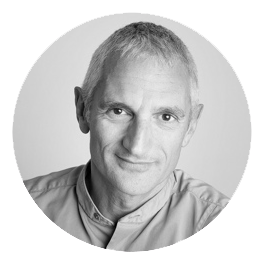There is increased research and media coverage that a sedentary lifestyle can lead to all kinds of health problems.
As an experienced London osteopath in W1 I treat many patients whose lifestyle is having an adverse affect on their health. I was therefore interested in an article that caught my eye recently. It highlights research undertaken by two different teams of anthropologists and the conclusions they have come to with regard to the affect that our increasingly sedentary lifestyle is having on the human skeleton.
There was a time when humans were hunter-gatherers. That time has long since passed and the average person in this day and age barely has to take any physical activity to feed themselves or their families. Instead of running around and hunting all day or walking miles to the nearest shelter we are spending more time sitting down, ordering takeaways and not getting about much.
The studies by the two teams come to the conclusion that as humans turned from from being hunter gatherers and instead developed a more sedentary work style to farm and feed themselves, the human skeleton has become less exposed to stress. They conclude that these changes in activity, rather than diet, have led to a weaker skeleton and in turn to us being more prone to osteoporosis and breaking bones.
An even more sobering thought is that the researchers warn that with the deskbound nature of peoples’ work will lead to their bones becoming even more brittle than ever before.
The researches are turning their attention to observing how rigorous exercising affects bone density by analyzing the bones of marathon runners and athletes.
If you are suffering pain or discomfort and you would like further information on how I may help you or to book an Osteopathy appointment at one of my osteopathy clinic in London W1 please feel free to send me a message or call me on 020 8815 0979. I also, have an osteopathy clinic in North London, in East Finchley which may be more convenient for you.

